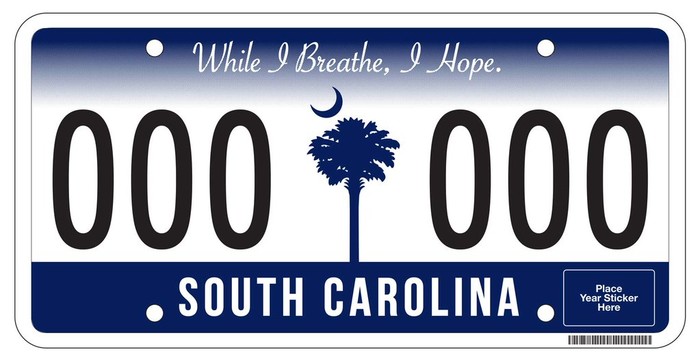
Image by Flickr user _ambrown Two locks are, usually, sufficient.
Discuss bike thefts around anyone who has owned a bike in Charleston, and you're likely to be discussing it with someone who has had a bike stollen.
Yours truly fits into that category.
As you might expect, there are many a story about the problem of bike thefts in Charleston, the need to use strong locks, and a paltry recovery rate of stollen bikes — about one in four.
Still, a question remains: What makes steeling a bike so attractive, and where do they all wind up?
Over at Priceonomics, the economic ponders try to divine the mystery.
Put simply, why the heck do so many bicycles get stolen? It seems like a crime with very limited financial upside for the thief, and yet bicycle theft is rampant in cities like San Francisco (where we are based). What is the economic incentive for bike thieves that underpins the pervasiveness of bike theft? Is this actually an efficient way for criminals to make money? ...
Bike thievery is essentially a risk-free crime. If you were a criminal, that might just strike your fancy. If Goldman Sachs didn’t have more profitable market inefficencies to exploit, they might be out there arbitraging stolen bikes.
It's a great read for those of us left wondering just where our once beloved bikes landed.



